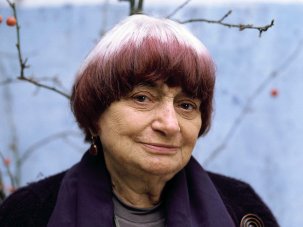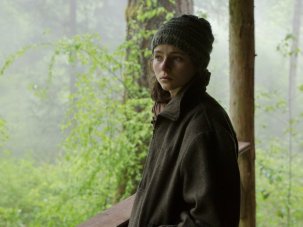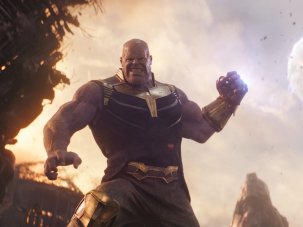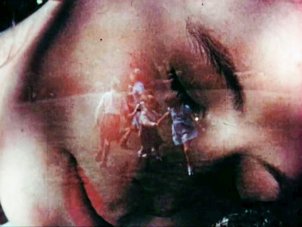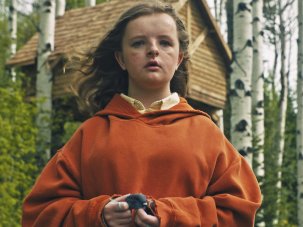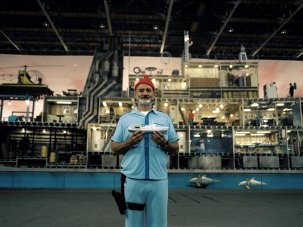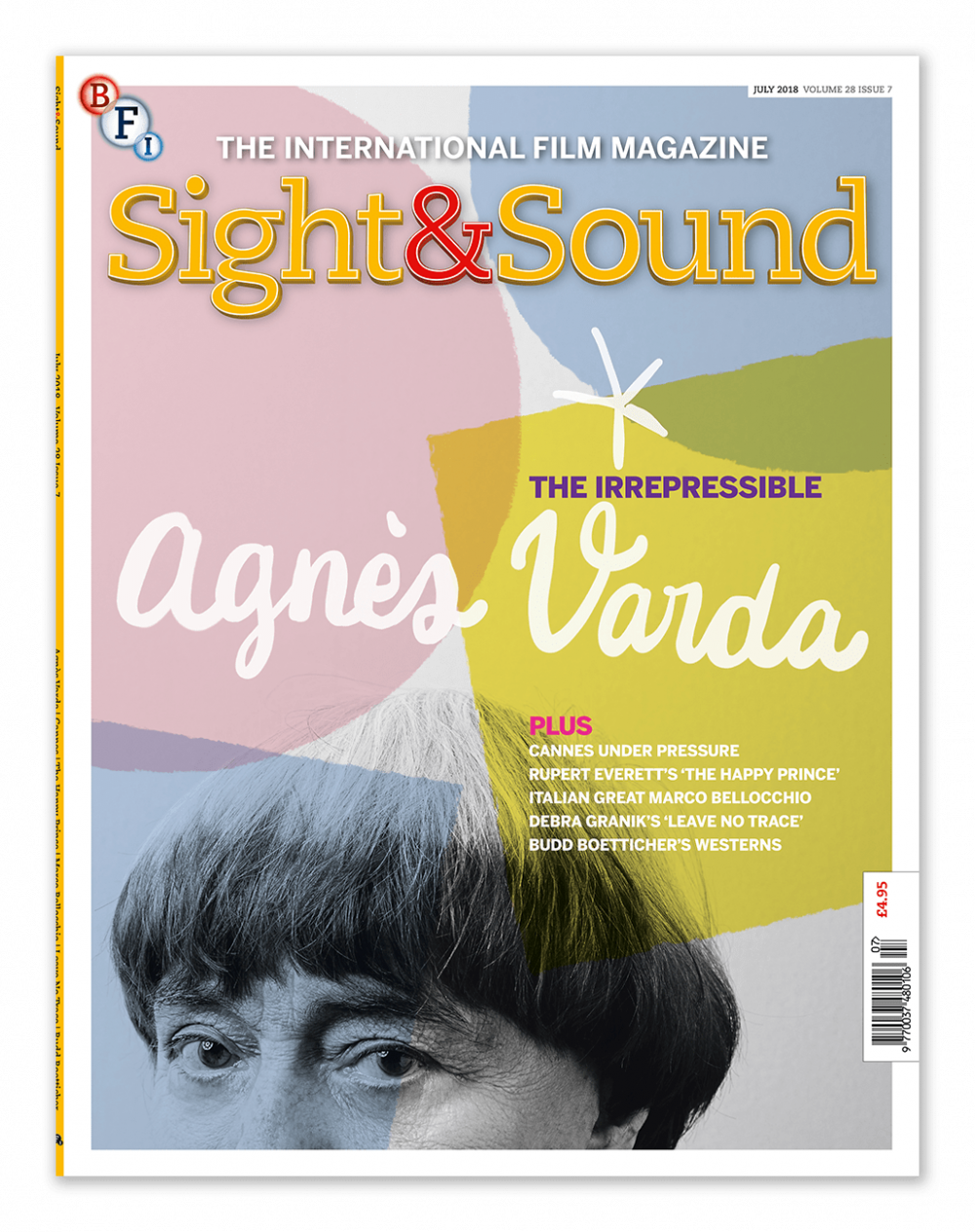
The Irrepressible Agnès Varda is on the cover this month. Working at the vanguard of world cinema for over six decades, the artist and filmmaker has been a major influence on moving-image culture, from the French New Wave to far beyond. Having just turned 90, she is finally gaining the mainstream recognition she deserves. Her earlier films prefigure many of the aesthetic, social and political concerns of the present moment, and today Varda seems as busy as ever. She was recently awarded an honorary Oscar, premiered her latest film Faces, Places at least year’s Cannes and led 82 women in protest at this year’s festival. A season of her films begins at BFI Southbank in June and an installation at the Liverpool Biennial opens the following month. In this special issue, our writers discuss the key aspects of her brilliantly idiosyncratic career.
Posted to subscribers and available digitally 4 June
→ Buy a print edition
→ Access the digital edition
→
On UK newsstands 7 June
Ginette Vincendeau writes about Varda’s unjustly overlooked role as a pioneer of post-war French cinema, combining New Wave techniques with a unique feminist gaze, and Catherine Wheatley explores the ways in which her portraits of friends, lovers, strangers and invented characters are “double-portraits”, on which her own image is superimposed. Pamela Hutchinson describes Varda’s joyfulness, and the way she cannily plays the role of, in her own words, a “plump and chatty little old lady”, while Rebecca J. Deroo explains how she has quietly woven references to histories of art, photography and film throughout her work. So Mayer celebrates Varda’s linguistic playfulnness, and Isabel Stevens outlines the filmmaker’s distinctive and varied visual style. Finally, Adam Scovell talks about the importance of place in Varda’s films.
In the wake of the Weinstein scandal, this year’s Cannes was quieter and more introspective than usual. But – as well as the protests on the red carpet – a selection of oustanding, politically-conscious Asian films from Lee Chang-dong, Bi Gan, Jia Zhangke and Palme d’Or winner Koreeda Hirokazu made the festival very memorable nonetheless, reports Nick James. “This was Cannes at its most joyous: a savvy jury responded to a programme of the highest quality with good choices,” he writes. Plus Nick Bradshaw relays the highlights from Critics Week and Director’s Fortnight, which turned 50 this year.
Marco Bellochio’s career spans more than half a century, and is steeped in Italian history and firey left-wing politics. Henry K. Miller looks back over Italian filmmaker’s ouevre, from his controversial debut, Fists in the Pocket (1965), to his late career peak, Dormant Beauty (2012), identifying a common thread: “the allure of power, even among its victims”. Miller also talks to the director about the time he spent in London, where he discovered British cinema – and began writing his first film.
Leave no Trace is the powerful third feature film from Debra Granik, the director of Winter’s Bone. The story of a teenager living off-grid in the wilds of Oregan with her military veteran father, the film taps into the pioneer spirit of the American past, as well as neorealist traditions of filmmaking. But it’s also distinctly the product of our own times, argues Ryan Gilbey, who talks to the director and finds similarities between her political filmmaking and the work of contemporaries Kelly Reichardt and So Yong Kim. All three filmmakers create “flyover cinema”: films about the neglected parts of America between the east and west coasts, which focus on female characters surviving economic hardship and homelessness.
Our Home Cinema section features Budd Boetticher, whose western movies starring Randolph Scott are, Robert Hanks argues, “small miracles of craft”. Plus Pamela Hutchinson extols the cinephile sparkle of Olivier Assayas’s Irma Vep (1996) and Kat Ellinger revisits Czech director Zbynek Brynych’s haunting holocaust drama The Fifth Horseman Is Fear (1965).
Also in this issue: long reviews of Rupert Everett’s The Happy Prince, The Endless and Lek and the Dogs, an interview with Jonas Carpignano about his film The Ciambra, the powerful use of silence in the films of Jane Campion and Manny Farber’s (much misunderstood) termites and white elephants theory.
Features
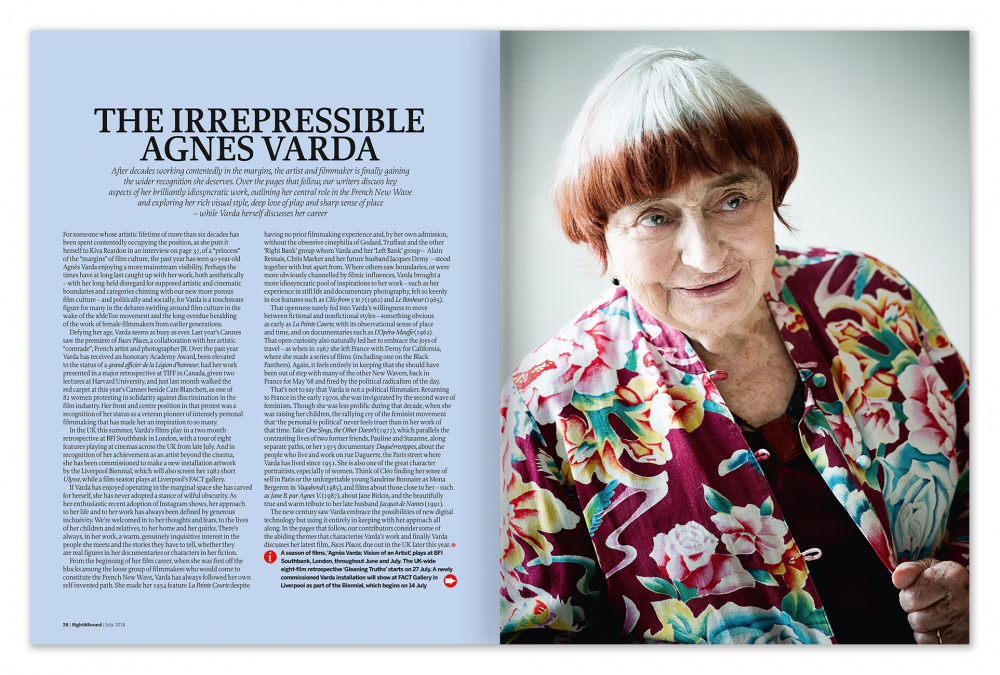
The Irrepressible Agnès Varda
After decades working contentedly in the margins, Agnès Varda is finally gaining the recognition she deserves. Our writers discuss key aspects of her brilliantly idiosyncratic work, outlining her central role in the French New Wave and exploring her rich visual style, deep love of play and sharp sense of place. By Pamela Hutchinson, So Mayer, Adam Scovell, Isabel Stevens, Ginette Vincendeau and Catherine Wheatley.
+ “Curiosity is good”
Kiva Reardon talks to Agnès Varda.
☞ See also
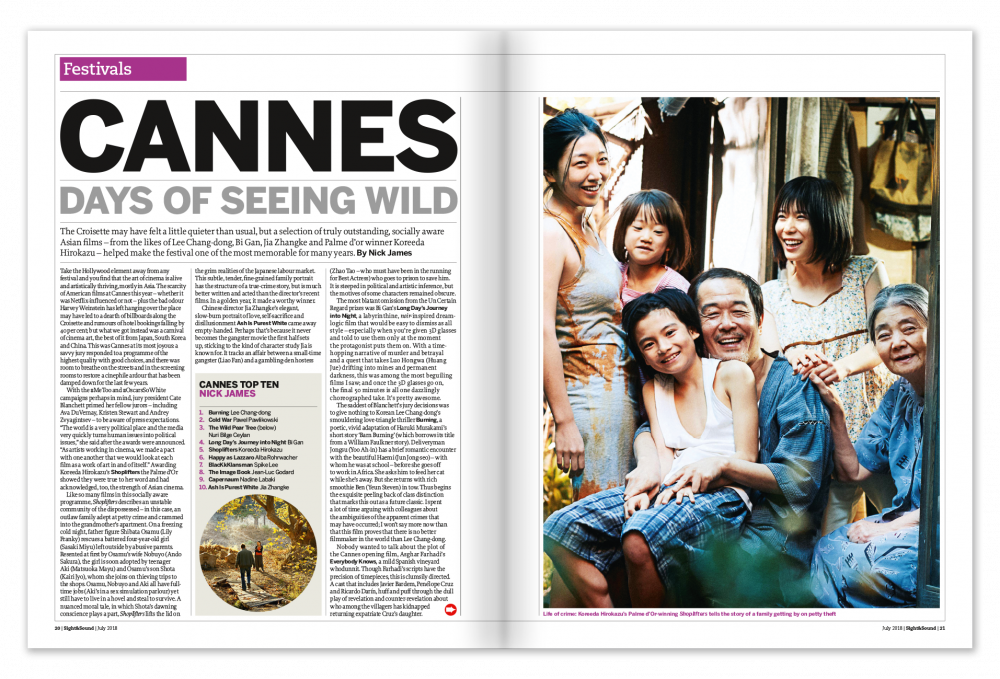
Cannes: Days of Seeing Wild
The croisette may have felt a little quieter than usual, but a selection of truly outstanding, socially aware Asian films – from the likes of Lee Chang-dong, Bi Gan, Jia Zhangke and Palme d’Or winner Koreeda Hirokazu – helped make this year’s Cannes one of the most memorable for many years. By Nick James.
+ 50 untamed
Beyond the Competition, a host of treats were on offer in Critics’ Week and Directors’ Fortnight, which turned 50 in fine style this year. By Nick Bradshaw.
☞ See also Cannes Film Festival 2018 – all our coverage
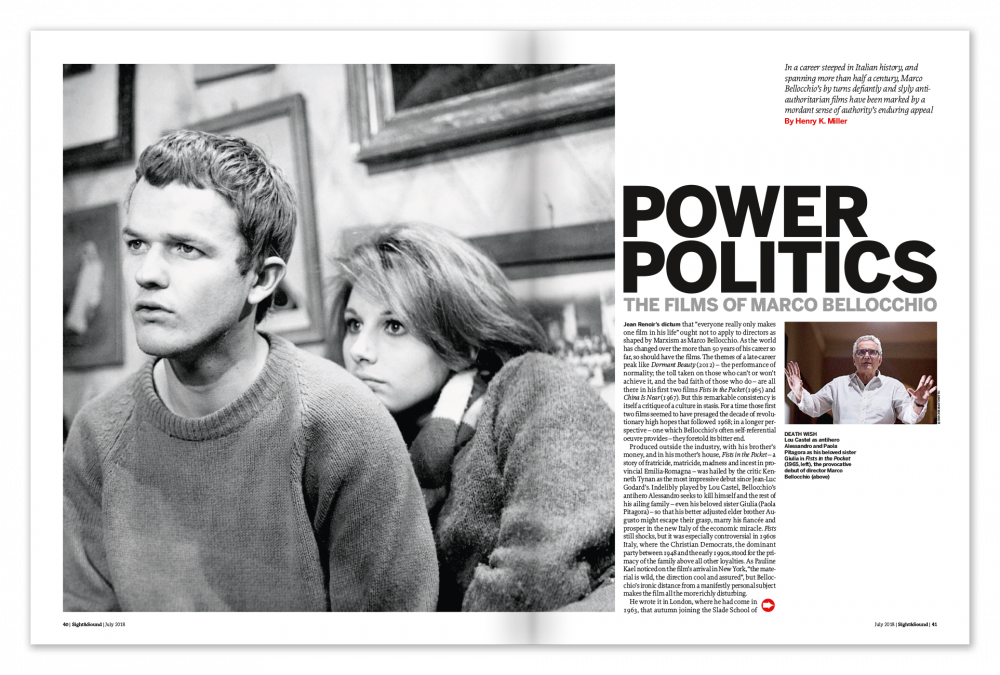
Power Politics: The Films of Marco Bellochio
In a career steeped in Italian history and spanning more than half a century, Marco Bellochio’s by turns defiantly and slyly anti-authoritarian films have been marked by a mordant sense of authority’s enduring appeal. By Henry K. Miller.
+ City lights
Marco Bellochio wrote his 1965 debut Fists in the Pocket in a bedsit in Belsize Park, while studying in the Slade School of Fine Art. He talks to Henry K. Miller about his time in London.
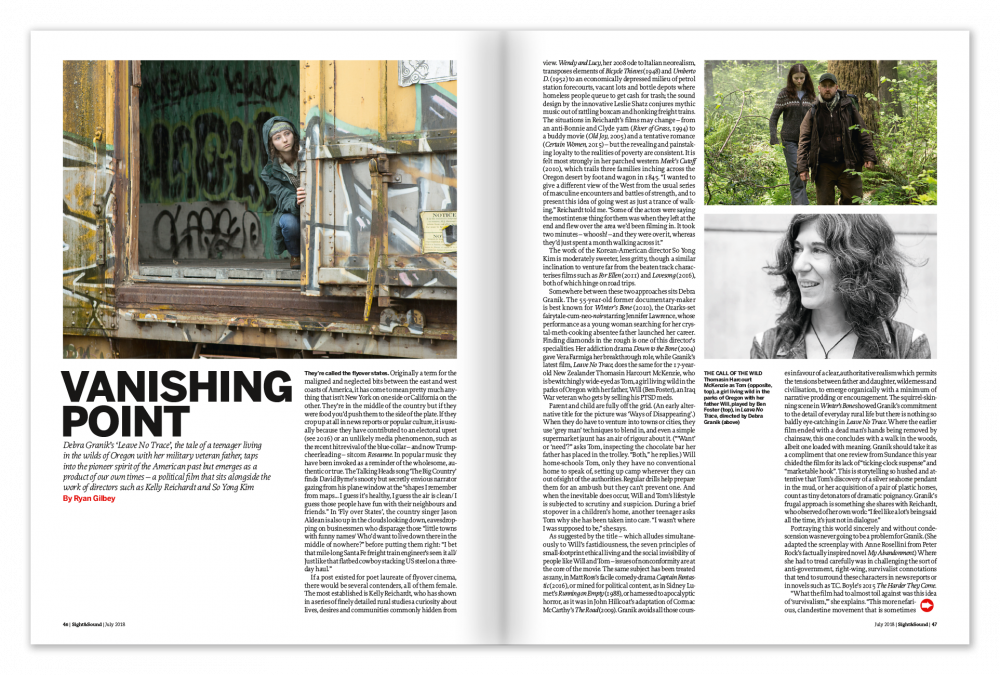
Vanishing Point
Debra Granik’s Leave No Trace, the tale of a teenager living in the wilds of Oregan with her military veteran father, taps into the pioneer spirit of the American past but emerges as a product of our own times – a political film that sits alongside the work of directors such as Kelly Reichardt and So Yong Kim. By Ryan Gilbey.
Regulars
Editorial
Exemplary ways of seeing c/o Jane Campion, Lucrecia Martel and Claire Denis
Rushes
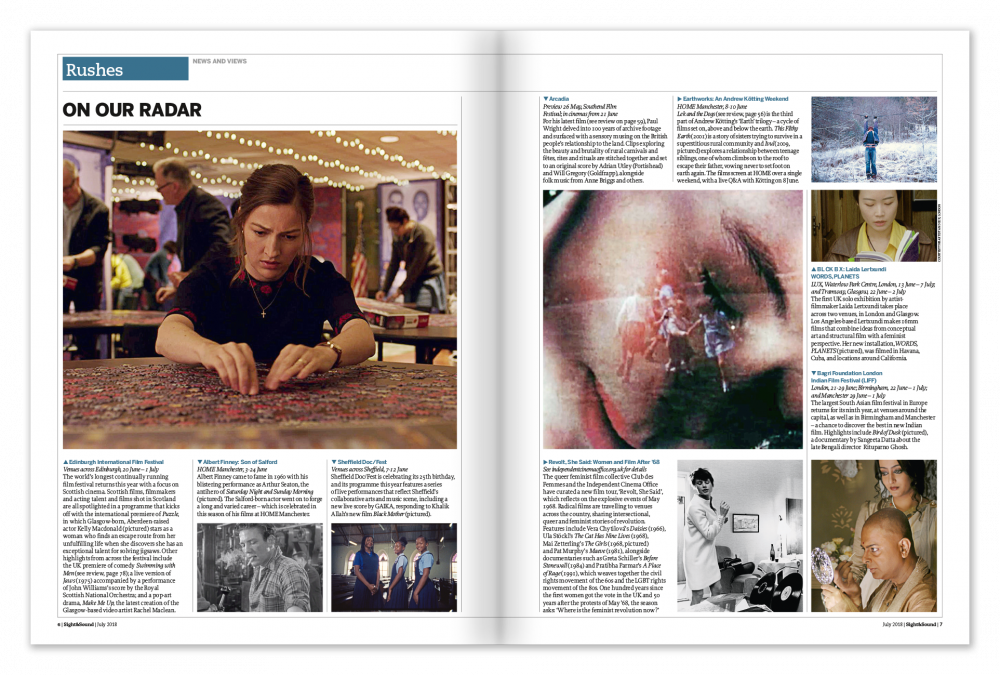
Our Rushes section
On our radar
Edinburgh International Film Festival; Albert Finney: Son of Salford; Sheffield Doc/Fest; Arcadia; Earthworks: An Andrew Kötting Weekend; BL CK B X: Laida Lertxundi; Bagri Foundation London Indian Film Festival; Revolt She Said: Women and Film After ‘68.
Interview: Worlds apart
Jonas Carpignano explores the lives of Italian Romani caught between crime bosses and the police in The Ciambra. By Christina Newland.
The numbers: Funny Cow
Charles Gant on northern-set indie movies at the UK box office.
Industry: Days like these
Over the past 50 years, the traumas and triumphs faced by the people of Northern Ireland have been reflected in their moviegoing habits. By Mark Cousins.
Pack up your troubles
For half a century, through the worst years of the Northern Ireland conflict and beyond, Queen’s Film Theatre in Belfast has provided a haven for cinephiles. By Sam Manning.
Interview: Grief encounter
Ari Aster’s Hereditary, a terrifying portrait of a family coming apart at the seams, channels the spirit of Stanley Kubrick’s The Shining. By Anna Bogutskaya.
Wide Angle
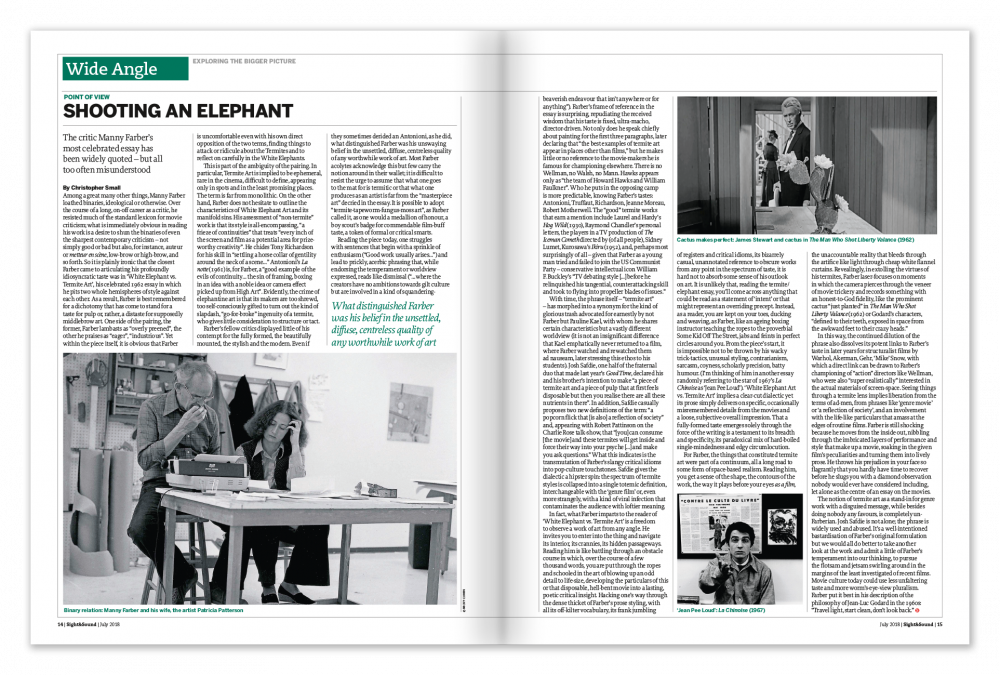
Our Wide Angle section
Point of view: Shooting an elephant
The critic Manny Farber’s most celebrated essay has been widely quoted – but all too often misunderstood. By Christopher Small.
Primal screen: Silent witness
Over three decades of filmmaking, Jane Campion has helped give a voice to women – often througha judicious use of silence. By Ellen Cheshire.
Profile: Ashes and diamonds
Peter Emmanuel Goldman made two startlingly original features before he – and the films – vanished. What have we missed?
Reviews
Films of the month
The Endless
The Happy Prince
Lek and the Dogs
plus reviews of
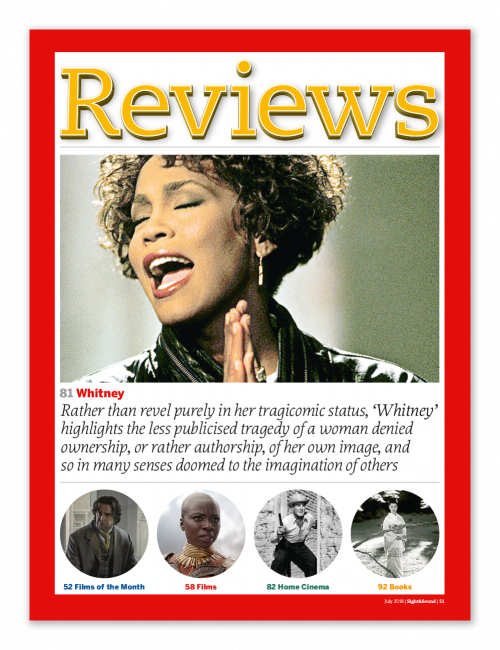
Our Reviews section
All the Wild Horses
Arcadia
Avengers: Infinity War
Boom for Real: The Late Teenage Years of Jean-Michel Basquiat
The Boy Downstairs
Breaking In
The Cambria
Deadpool 2
Freak Show
Hereditary
Ideal Home
Leave No Trace
Life of the Party
Maquia: When the Promised Flower Blooms
Mary Shelley
McQueen
Modern Life is Rubbish
102 Not Out
Path of Blood
The Poetess
Postcards from the 48%
The Rape of Recy Taylor
Ryuichi Sakamoto: Coda
Studio 54
Submergence
Super Troopers 2
Swimming with Men
Terminal
This is Congo
Time Trial
Whitney
Home Cinema features
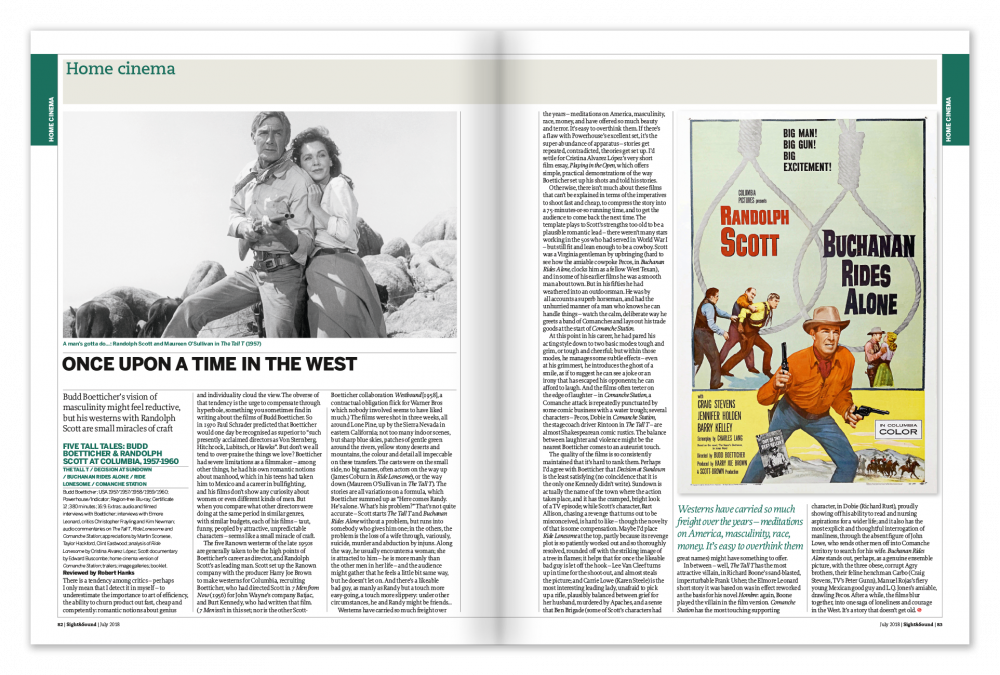
Our Home Cinema section
Once upon a time in the west: Budd Boetticher & Randolph Scott at Colombia, 1957-1960
Budd Boetticher’s vision of masculinity might feel reductive, but his westerns with Randolph Scott are small miracles of craft. By Robert Hanks.
A meta of consequence: Irma Vep
Two decades on, Olivier Assayas’s hip, self-conscious filmmaking comedy is a sharp-looking cinephile joy. By Pamela Hutchinson.
Lost and found: The Fifth Horseman Is Death
An unexpected message of hope and freedom emerges from the horror in Czech director Zbynek Brynych’s exceptional Holocaust drama. By Kat Ellinger.
plus reviews of
The Birthday Party
The Bloodthirsty Trilogy
La Cage aux folles
Cure
The Effect of Gamma Rays on Man-in-the-Moon Marigolds
Garcon!
The Grifters
The Henry Fool Trilogy
Intimate Lighting
It’s the Old Army Game
Little Murders
The Magic Flute
Model Shop
The Saint Valentines Day Massacre
Suddenly, Last Summer
Books
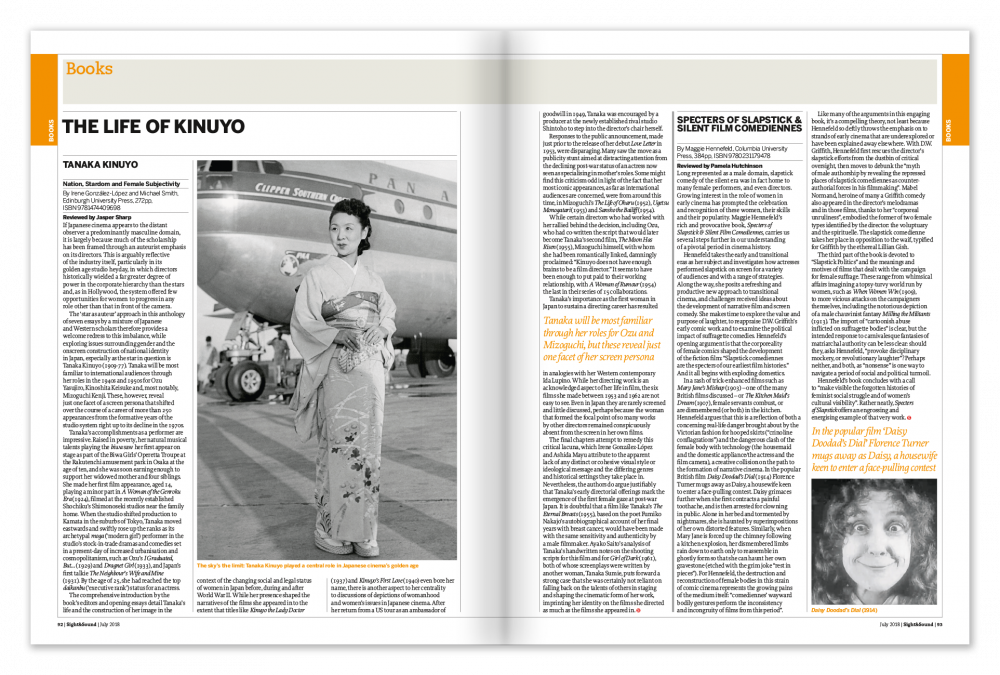
Our Books section
Specters of Slapstick and Silent Film Comediennes by Maggie Hennefeld (Columbia University Press) reviewed by Pamela Hutchinson
Tanaka Kanuyo: Nation, Stardom and Female Subjectivity by Irene Gonzales-Lopez and Michael Smith (Edinburgh University Press) reviewed by Jasper Sharp
Letters
The highest common denominator
The 80s and now
Debating the ending of Beast (and Lean on Pete)
More plot spoilers
In praise of colourisation
More sleepy cinema
Endings
Witchfinder General
The bloody violence that closes Michael Reeves’s visceral horror film is destined to haunt its protagonists long into the future. By Adam Scovell.
Further reading
-
The Digital Edition and Archive quick link
Log in here to your digital edition and archive subscription, take a look at the packages on offer and buy a subscription.




